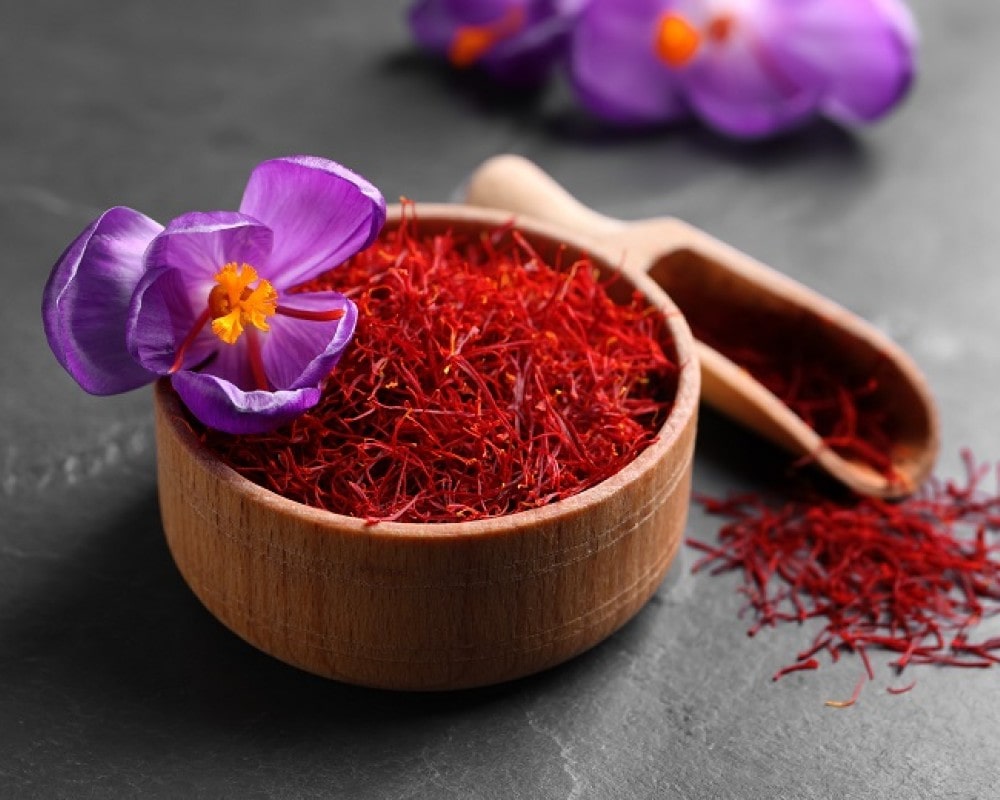
Winter is that season when leaving bed in the morning is a daily struggle, and all you want to do is curl up on the couch all day long! According to health experts, such behaviors during colder months are totally natural! The lack of bright sunlight during winter causes the serotonin levels in our bodies to dip. Serotonin, or the ‘happy hormone,’ is a special chemical that regulates our bodily functions, including digestion, sleep, and even mood. Its deficiency can cause anxiety, sleep disturbances, and digestive issues, making you feel moody, tired, or sluggish. Here are a few easy ways to naturally combat serotonin shortage.
Eat More Shellfish and Fish
Shellfish and fish are great natural sources of vitamin B12. Vitamin B12 affects the serotonin levels in our brains by giving them a positive boost. According to a report by Season Nutrition Partnership, a four-ounce serving of clams is surprisingly richer in this essential vitamin than a piece of salmon or cod and can help you to heal your mood from the inside out. Chicken, eggs, beef, cheese, and yogurt also contain a pretty good amount of vitamin B12.
Go for a Foot Massage

Cortisol is a type of stress hormone that hinders serotonin release in our bodies. And a foot massage can do more than just revitalize your tired tootsies by lowering the cortisol levels in your body. A research study in the Journal of the Korean Academy of Nursing showed that participants receiving regular 30-minute foot reflexology massage sessions had noticeably lower levels of cortisol and higher levels of serotonin than the rest of the subjects.
Take Saffron as a Supplement

According to a 2018 research, safranal, the compound found in saffron, provides an antidepressant effect by preventing the reabsorption of serotonin in our body. So, whether or not you love adding this vividly fragrant spice to your cooking, taking saffron in supplement form can come with a more direct health benefit of upping your daily serotonin levels. Though, it’s always better to discuss with your doctor or nutritionist before starting any new supplement.
Laugh More Regularly
There’s nothing like a good laugh to deliver your brain a hefty boost of happy serotonin. Whether you giggle with your grandchildren or laugh along watching your favorite sitcom, tickling the funny bones is an instant mood lifter. A 2018 study showed that a weekly 30-minutes laughter therapy session helped participants to reduce their systolic heart rate and blood pressure and increased their serotonin levels within a month.
Here’s How You Can Properly Apologize to Someone

We can’t always keep our cool and be our best selves, even with the people we love most. But it’s never late to take a step toward healing or reconciliation. No matter who the wrong person is in the case, sometimes nothing works better to amend a relationship than a sincere and proper apology. However, it can make things worse if you mess up your apology. Here are a few great tips to apologize better and more effectively.
No Rush!

Sometimes, quick apologies don’t make sense. Instead of rushing to apologize, it’s always better to listen to the other person to understand how bad they feel about your actions. It may be uncomfortable for you, but active listening will help you understand the full impact of your hurtful actions. It will also give you enough insight to make your apology more sincere, heartfelt, specific, and of course, effective.
Preparing in Advance
Not everyone communicates in the same way. So, if you want to be forgiven by someone you’ve offended, connect to them through their comfort zone, not yours. It can be over the phone, via texts, in person, or in a video medium. So, prepare your apology accordingly and in advance. It’s better to organize your thoughts first by writing your apology to get it right. While this can’t guarantee forgiveness, it’ll surely help smooth things over.
Being Detailed and Specific

Sometimes, declaring only that you’re sorry isn’t enough for the person you’ve hurt badly. So, it’s better to take the time to listen to the person about why they’ve felt hurt, and mirror that regret when you apologize to them. If there was something unavoidable on your part, explain it, and then show the ways you’re willing to repair the damage. Also, ensure the person that you’re going to take steps to avoid making the same mistake ever again.
An Apology Isn’t a Debate
Really! When you turn your apology into a debate, you’re doubting or undermining someone’s hurt feelings. And that means you’re not taking responsibility for your own mistake. We know that it’s the general impulse to defend ourselves or it’s tempting to turn an apology into a chance to rehash old objections. But the main point to apologize is to put the other person’s feelings first. So, be declarative, not ambivalent or arrogant.
Actions Speak Louder Than Words

An active solution addresses a grievance better and heals a rift quicker than a bunch of eloquent verbal regrets. If your apology doesn’t reflect in your further actions, then it’s worthless. Even the other person may question your intentions! So, if you want a way to back in, alongside carefully chosen apologetic words, offer a solution or validation to compensate for the suffering you’ve already caused.
Be Patient
Healing a relationship that’s gotten sour requires repeated attempts. So you need to be patient after you apologize. Never hold yourself back from doing your best to make amends, even when a complete reconciliation isn’t certain. And once you express your regrets, don’t expect immediate forgiveness. Instead, keep your heart open with the belief that you’ll be forgiven one day if you keep trying.